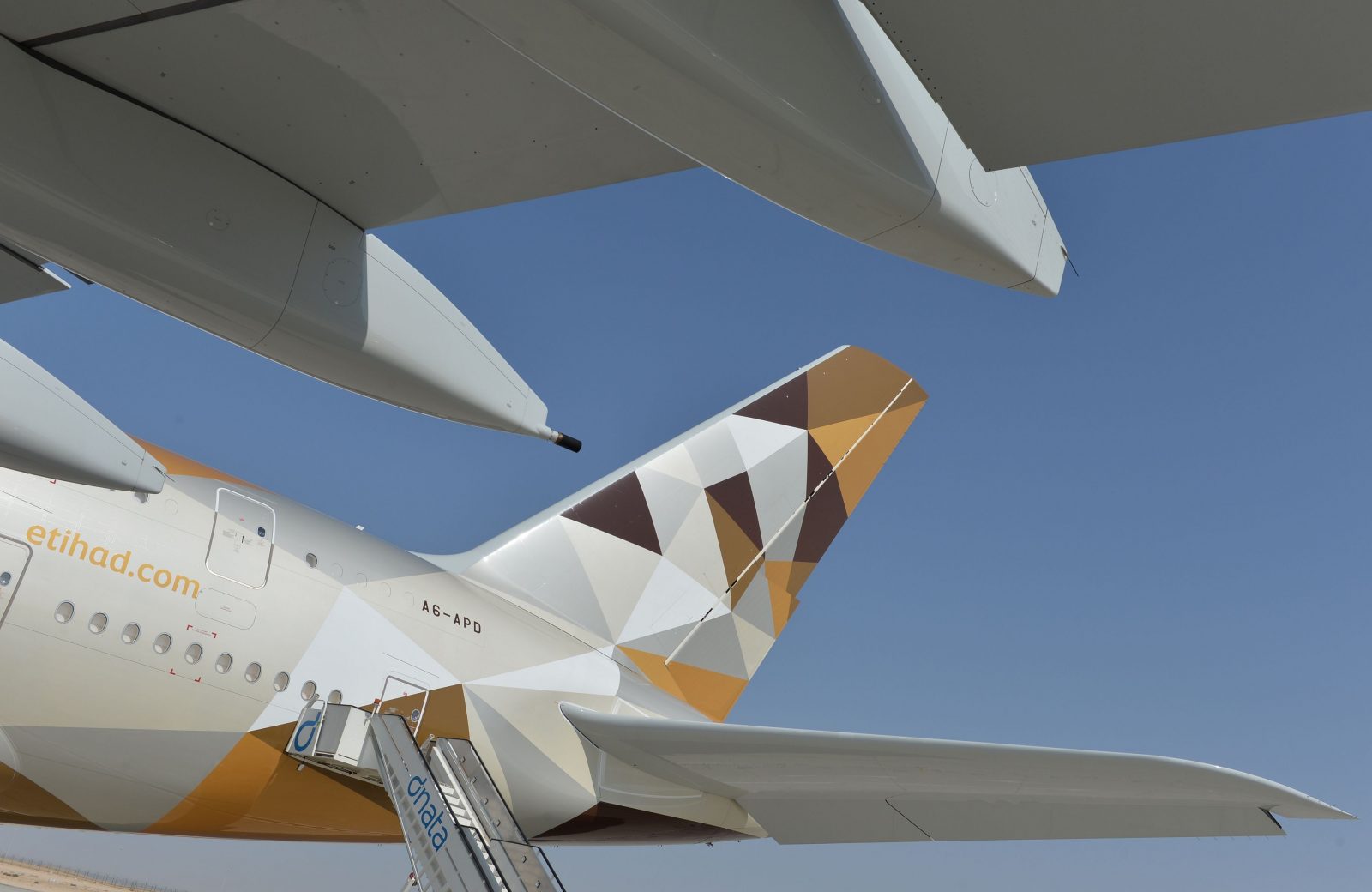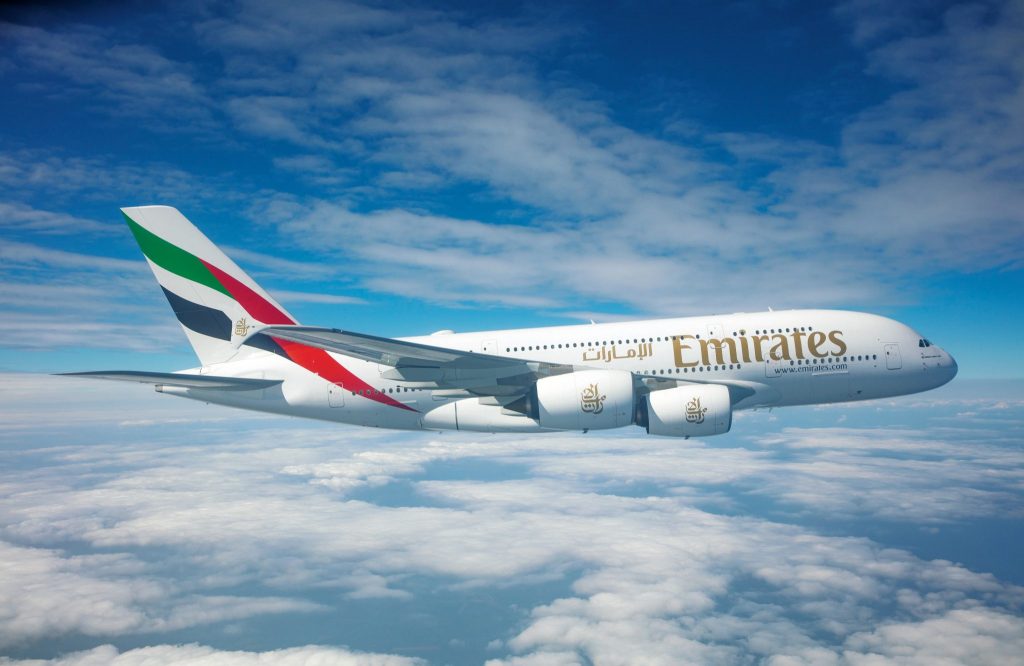
The rumours of Dubai’s Emirates Airline merging (or perhaps even acquiring) it’s much smaller and debt-laden neighbour in Abu Dhabi have been doing the rounds for several years now. Back in March 2017, the German business newspaper Handelsblatt cited two unnamed sources who claimed that ruling Sheikhs from Dubai and Abu Dhabi had started discussions over a possible merger.
That rumour was quickly rejected by both Emirates and Etihad Airways and ultimately nothing came of it. But the report did surface at a critical point in Etihad’s history – Just months later, Etihad announced that it had made a loss of $1.87 billion and it came during a major shakeup of Etihad’s leadership team.
By the point that sources were claiming Etihad could merge with Emirates, the airline’s chief executive had already said he would resign his post. James Hogan left the airline under a cloud and has pretty much been held responsible for causing Etihad’s serious financial woes.

The 66-year old Australian businessman was seen as the architect of Etihad’s rapid global expansion strategy that saw it take stakes in struggling foreign carriers to fuel its own growth. The fact that many of those investments – Air Berlin, Alitalia, Darwin, Jet Airways – have all failed under Etihad’s watch just goes to show how flawed that strategy turned out to be.
For many years, Etihad had tried to mimic the business model that had made Emirates so successful – create a huge hub and spoke model in a geographical location that enables nearly two-thirds of the world to travel easily between East and West.
But in recent years, Etihad has seriously curbed its ambitions. Instead, under the stewardship of new chief executive Tony Douglas, the airline seems to be turning much more into a boutique airline which is primarily focused on serving Abu Dhabi.
The carrier hasn’t shied away from dropping unsuccessful routes and has cancelled aircraft orders worth billions of dollars. Sources say the new strategy comes after the ruling family of Abu Dhabi grew tired of throwing good money after bad with little to see for it. Emirates clearly has the market sewn up and perhaps everyone now realises there isn’t room in the region for airlines with such similar business models.
So could this be the perfect opportunity for a merger?
Well, according to the chief executive of Emirates, Sheikh Ahmed bin Saeed Al Maktoum, there will be no such merger within the next 12-months. But in the next five years? Maybe.
Interviewed by CNN at the Arabian Travel Market in Dubai last week, here’s how Sheikh Maktoum answered the following question posed by the reporter:
“Will you be in a merger by the time you leave as Chairman as Emirates so we can get a timeline here?”
“There is nothing to merit (a merger). We’ve been cooperating and there is a relationship between the airlines but nothing towards a merger. I don’t know what will happen after the next 5-10 years but as we speak today I know by next year there will be no such merger. Because if you look at the two model we are exactly the two similar models and they are too big airlines to put them together so it’s better to leave them.”
Sheikh Maktoum makes a good point – at the moment, the two airlines have such a similar business model it would be incredibly difficult to merge the airlines. But what about after Etihad has finished its transformation programme and perhaps shrunk some more?
Then a merger could work and it could actually be mutually beneficial for both sides.
As Sheikh Maktoum alluded too, Emirates and Etihad have already been cooperating in some areas as part of an unusual business partnership which might signal a desire to bring the airline closer together. If the two carriers merged today, the joint airline group would become the largest airline in the world by passenger numbers – at least, that’s what Bloomberg claimed when it reported its own merger rumour last September.
Mateusz Maszczynski honed his skills as an international flight attendant at the most prominent airline in the Middle East and has been flying ever since... most recently for a well known European airline. Matt is passionate about the aviation industry and has become an expert in passenger experience and human-centric stories. Always keeping an ear close to the ground, Matt's industry insights, analysis and news coverage is frequently relied upon by some of the biggest names in journalism.







